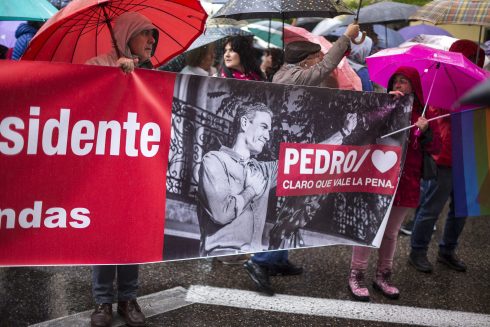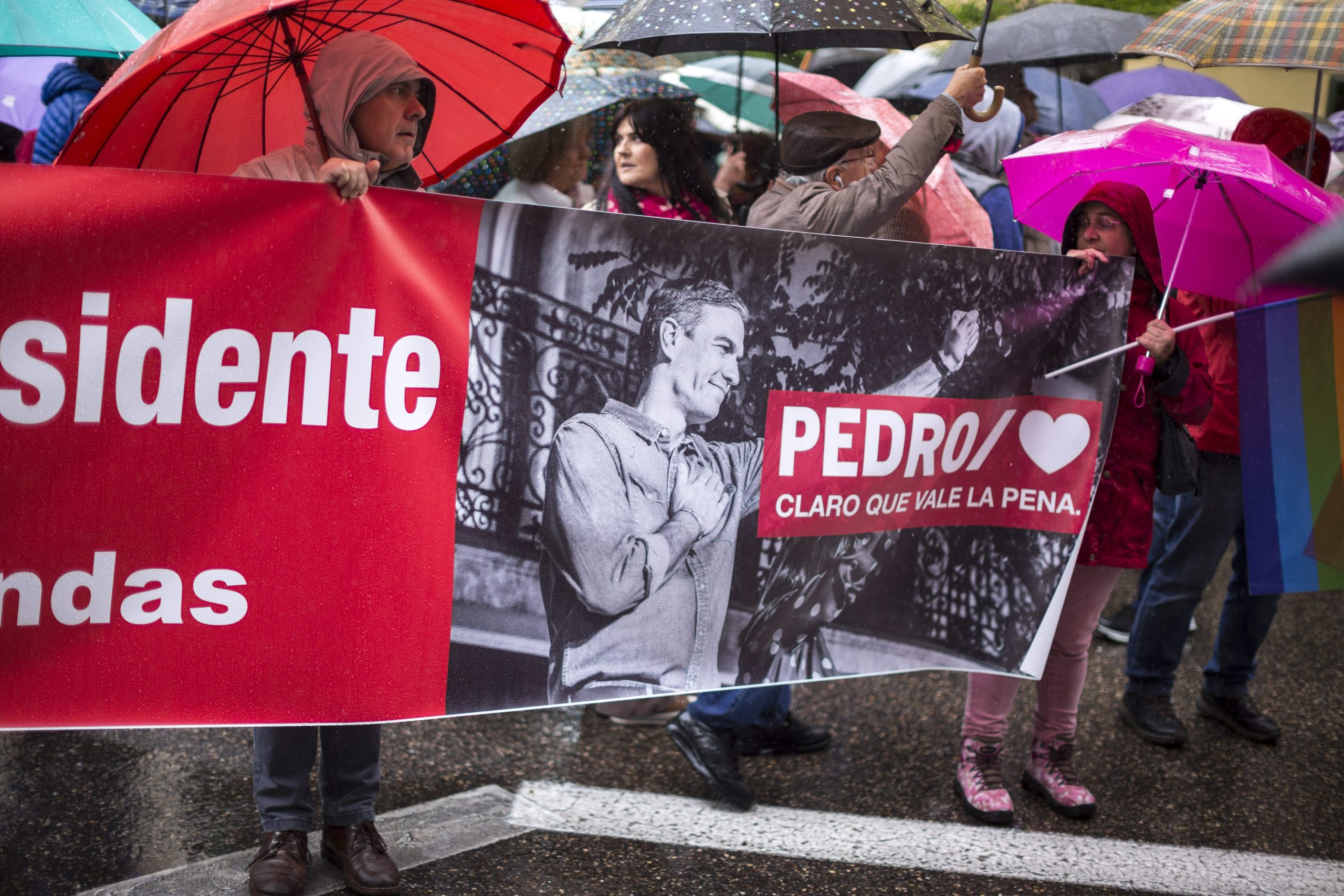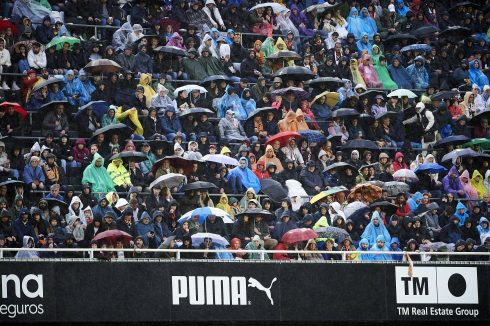SPAIN’S Socialist Party was still on tenterhooks on Sunday, as the agonising wait dragged on to find out whether or not its leader, Prime Minister Pedro Sanchez, will announce his resignation tomorrow.
Thousands of people came out onto the streets of Madrid on Saturday to voice their support for the politician, who left Spaniards stunned last week when he announced he would be taking five days to reflect on whether or not he should continue in his role.
The PM made the announcement on Wednesday via an open letter he published on X (formerly Twitter), after a judge accepted a case filed against his wife, Begoña Gomez, for influence peddling and corruption.
The case was brought by a far-right pseudo-union called Manos Limpias (Clean Hands), and has prompted an inquiry into Gomez’s links to private companies that either secured government funding or public contracts.

Sanchez has insisted that the allegations have no merit, and the lawsuit itself is based on newspaper headlines, one of which at least has already been proven to be false.
Protestors came to the capital from all over the country on Saturday to call on Sanchez to stay in the wake of the lawsuit. They chanted slogans such as ‘You are not alone’, and ‘Enough is enough’, against what they described as a ‘campaign of harassment and destruction’ against the prime minister and his family.
Also on Saturday, the Socialists held a Federal Committee meeting, which, unusually, was televised and broadcast live to the public outside the party’s headquarters in Madrid.
The meeting had been scheduled to approve the list of candidates for the upcoming European elections, but instead was dedicated to discussing the future of Sanchez.
Deputy Prime Minister Maria Jesus Montero was the first to address the meeting, which was attended by Socialist ministers, regional premiers and regional general secretaries from the party.
“Pedro, stay,” was her message, imploring the party leader not to quit.
After the meeting, the attendees joined the public in the street, where they were received with applause and gestures of thanks by the protestors.
Government sources told news agency Europa Press that they were not optimistic that he would continue in his role, and reported that he has been locked away since his shock announcement on Wednesday and has not communicated with anyone apart from to exchange some short messages with his close contacts.
The main opposition Partido Popular (PP), meanwhile, described the turnout as a ‘failure’.
“If he was expecting a massive turnout to support him staying on, he didn’t get it,” PP sources told Spanish reporters, after the central government’s delegation in Madrid put the attendance for Saturday’s protest at 12,500 people.
“It was clearly a failure, and what happened today has further complicated the narrative of him staying on,” party sources told Europa Press. “Whatever he does, he has not managed to secure the support of citizens.”
The PP has already made clear that its leader, Alberto Nuñez Feijoo, is ready and waiting in the wings to take over from Sanchez should he opt to quit. The party has accused the prime minister of ‘playing the victim’ and has speculated that he has no intention of resigning.
If he does step down, King Felipe VI will have to start a fresh round of meetings with potential candidates for prime minister.
Feijoo could, at that point, once again present himself as a candidate but he will potentially find himself in a situation where he lacks sufficient votes in Congress to be voted into power.
At an investiture debate late last year in the wake of the inconclusive July 23 elections Feijoo secured 172 votes in total: 137 from his party, 33 from far-right Vox, and two votes from two small groups (UPN and Coalicion Canaria). That was four votes short of the 176 he needed for a majority. Meanwhile, 177 votes were cast against him.
At a subsequent investiture vote, Sanchez secured the support of his now-coalition partner Sumar, as well as a series of smaller parties.










